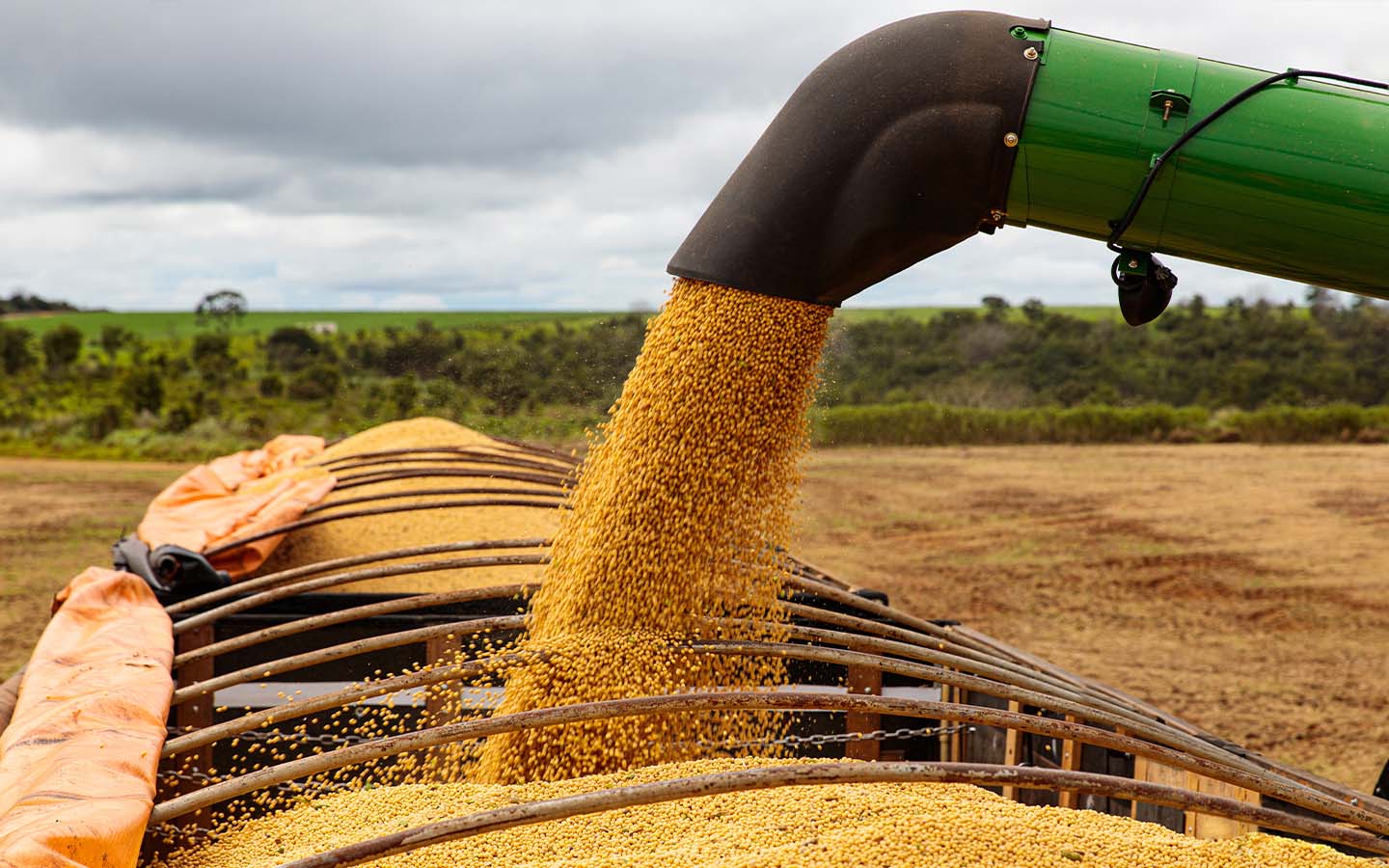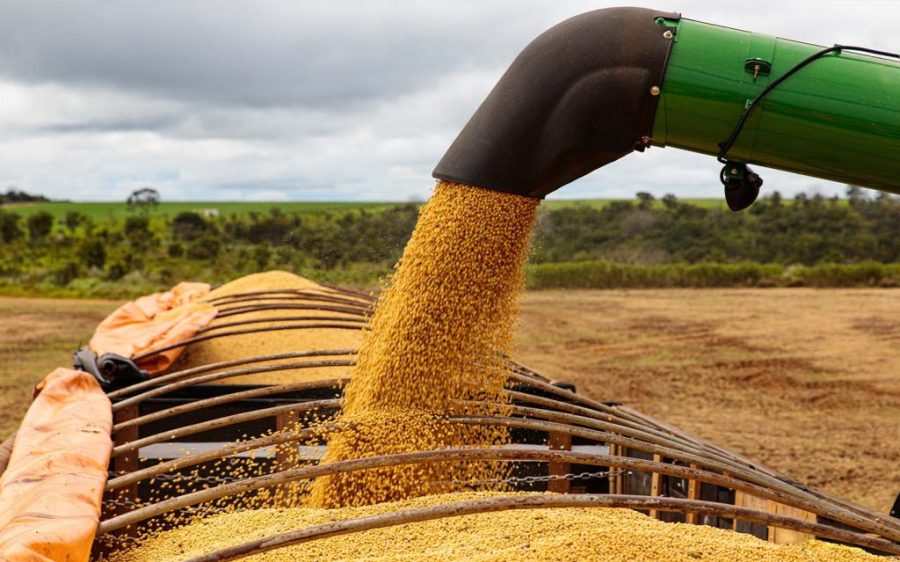Brazil anticipates record-high soybean exports for the first 10 months of 2025, giving allies in Beijing greater leverage as they navigate tense trade talks with the US, reports the Global Times.
Data published in early October by the Brazilian National Association of Grain Exporters estimates exports from January to October to hit around 102 million metric tons of soybeans, setting a new record for the agricultural powerhouse.
Most of the beans are destined for China, which accounts for nearly 80 percent of purchases as it looks to decrease reliance on the US, another key soybean exporter. Tense trade relations during the first administration of US President Donald Trump have spurred Beijing to diversify away from US agriculture, a strategy Brazilian farmers capitalised on.
Since 2015, soybean acreage in Brazil shot up 42 percent to 117 million in 2024-25 and production soared even higher, up 57 percent, according to figures published earlier this year by the US Department of Agriculture.
Brazil’s National Supply Company forecasts total soybean exports for 2025-26 to reach a record 112.11 million tons. Up 5.5 million tons from the previous season, it marks a nearly 60-million-ton increase from a decade earlier and enough to cover all of China’s expected imports this season while still leaving plenty for the national market, thanks to a total crop production estimated at 177.64 million tons.
[See more: Brazil’s coffee industry is killing itself through deforestation]
Even as US Treasury Secretary Scott Bessent promises farmers “substantial” purchases of US soybeans ahead of US-China trade negotiations, any concessions made will be limited and unlikely to shift long-term trade back in their favour.
Vinicius Ito, a director at Marex Group Plc, put the ceiling at 8 million metric tons through January, when Brazil is expected to flood the market again with its expected record harvest. “There is no reason for China to keep buying from the US if supplies in Brazil are ampler and cheaper,” he told Bloomberg.
The current boom could be in jeopardy, though, if Brazil isn’t careful. “China’s domestic demand growth is likely to moderate as feed efficiency improves and soymeal consumption stabilises, slowing the overall pace of import growth,” Kang Wei Cheang, an agricultural broker at StoneX Group in Singapore, told Bloomberg.
Developing other markets could be difficult if Brazilian farmers continue expanding into forested lands, as the European Union is set to roll out a new regulation requiring certain commodities, including soy, to provide evidence that their supply chain is deforestation-free.






